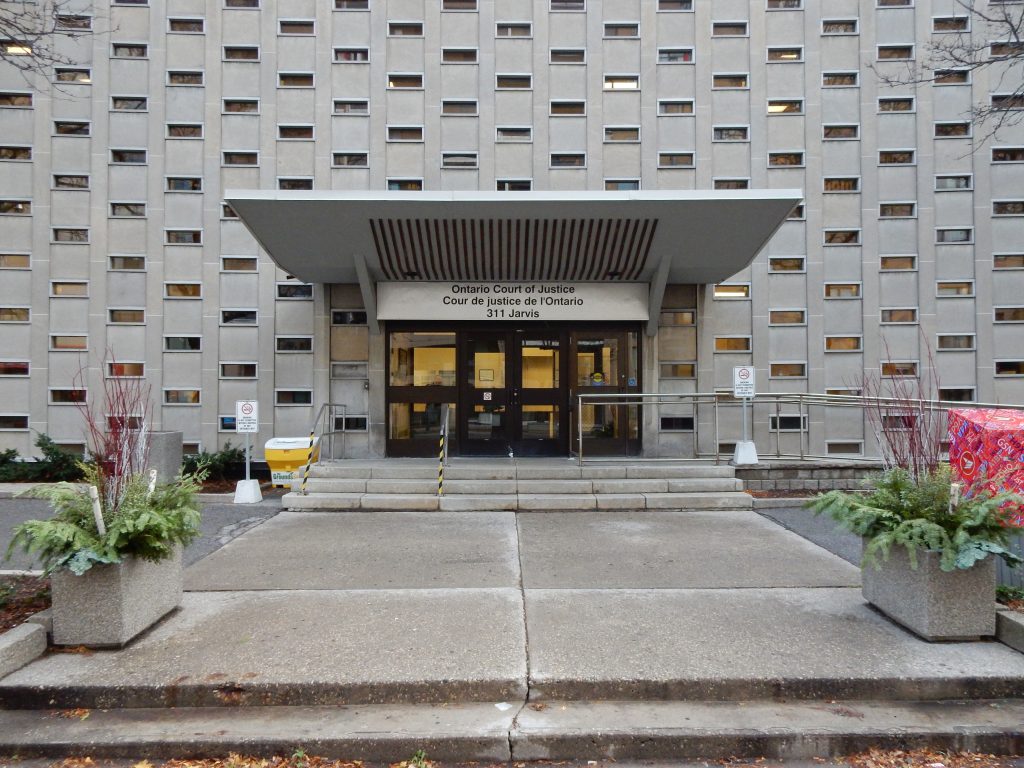 In personal injury cases, plaintiffs are often left vulnerable due to the accidents leading to their injuries. Hence, they require excellent attorneys who don’t exploit these vulnerabilities but instead zealously advocate on their behalf. For Claude Allen Newsome (“Newsome”), a November 2010 car accident in Bossier Parish, Louisiana, left him without sight, which was a direct result of macular degeneration caused by the accident. After that, Newsome was deemed legally blind and rendered a person with quadriplegia. Newsome appointed Robert Lansdale (“Lansdale”) as his power of attorney. What unfolded while seeking damages on behalf of Newsome demonstrates the necessity to lodge objections on the record and timely appeal matters.
In personal injury cases, plaintiffs are often left vulnerable due to the accidents leading to their injuries. Hence, they require excellent attorneys who don’t exploit these vulnerabilities but instead zealously advocate on their behalf. For Claude Allen Newsome (“Newsome”), a November 2010 car accident in Bossier Parish, Louisiana, left him without sight, which was a direct result of macular degeneration caused by the accident. After that, Newsome was deemed legally blind and rendered a person with quadriplegia. Newsome appointed Robert Lansdale (“Lansdale”) as his power of attorney. What unfolded while seeking damages on behalf of Newsome demonstrates the necessity to lodge objections on the record and timely appeal matters.
After Newsome named Lansdale as his agent, Lansdale hired an attorney, Norman Gordon (“Gordon”), to represent Newsome in his personal injury lawsuit. The lawsuit eventually settled for approximately $7.4 million, and Gordon recommended to Newsome and Lansdale that setting up a special-needs trust would benefit Newsome. Lansdale told Gordon that Newsome would not consider establishing a trust.
Concerned, Gordon withdrew his representation of Newsome, expressing that a conflict of interest had developed and relaying to the court that he believed Lansdale would not use the settlement proceeds for Newsome’s benefit. The court held a status conference where Gordon appeared allegedly without Newsome’s knowledge and asked the court to protect Newsome from the possibility of undue influence by Lansdale. Resulting of this conference, the court ordered that a special needs trust be created to receive the funds from Newsome’s settlement. Later, at a second status conference, the court-appointed Regions Bank as the corporate trustee of Newsome’s newly established special needs trust and appointed Newsome’s aunt, Stella Jean Godley as the trustee over Newsome’s person. The court also ordered that $3,879,835.67 of the $7.4 million settlement proceeds, minus the payment of fees, expenses, and liens, be transferred into the trust. At no point during these conferences and court orders did Newsome object or appeal.
Several months later, Newsome secured new counsel who filed a Rule 60(b) motion challenging the final judgment establishing the trust, appointing the trustees, and transferring the settlement monies into the trust. The court heard arguments from Newsome’s counsel but ultimately denied the motion. Then, Newsome appealed the court’s decision to the United States Fifth Circuit Court of Appeals.
On appeal, the Fifth Circuit Court clarified which two subsections of the Federal Rule 60(b) motion Newsome was seeking this relief under, namely Rule 60(b)(4) and Rule 60(b)(6). The relevant rules at issue read as follows: “On motion and just terms, the court may relieve a party or its legal representative from a final judgment, order, or proceeding for the following reasons…(4) the judgment is void;…(6) any other reason that justifies relief.”
Considering the Rule 60(b)(4) argument first, Newsome argued that the court’s orders were void because they lacked the legal authority to enter them. The Fifth Circuit, however, further clarified that just because a court’s judgment may be erroneous does not mean that the same is effectively void. Instead, the Fifth Circuit noted a Supreme Court holding in United Student Aid Funds, Inc. v. Espinosa, which found that Rule 60(b)(4) will only apply in the rare instance when a judgment is a violation of due process that deprives an individual of notice and an opportunity to be heard. In light of this precedent, the Fifth Circuit considered Newsome’s argument that the court-ordered creation of the trust denied his due process rights. Nevertheless, the Fifth Circuit found sufficient evidence that Newsome had either actual notice of the court’s orders or constructive notice through the attorneys he hired to represent him. Following this finding that Newsome had notice, the Fifth Circuit concluded that he also had his opportunity to be heard because his attorneys could have filed a timely appeal, or he could have acted pro se on his behalf.
Finally, turning to Newsome’s Rule 60(b)(6) argument, the Fifth Circuit also found that those claims failed. The Fifth Circuit’s reasoned the trial court did not abuse its discretion in ruling that Newsome’s case did not present any exceptional circumstances since he had an opportunity to appeal the trust order but did not do so. In reaching both of these conclusions on Newsome’s Rule 60(b)(4) and Rule 60(b)(6) motions, the Fifth Circuit emphasized that “Rule 60(b)(6) motions are not substitutes for timely appeals.”
Despite Newsome’s later attempts to challenge the court’s judgment, the Fifth Circuit Court of Appeals emphasized the importance of filing appeals promptly and recognized that Rule 60(b)(6) motions should not serve as substitutes for timely appeals. This case serves as a cautionary reminder for future plaintiffs, highlighting the importance of seeking legal counsel at the earliest opportunity and acting swiftly to protect their rights and interests.
Additional Sources: CLAUDE ALLEN NEWSOME VERSES NATIONAL CASUALTY COMPANY, ET AL.
Written by Berniard Law Firm Blog Writer: Gina McKlveen
Other Berniard Law Firm Articles on Timely Appeals: Importance of Timely Filing: A Case Study on False Arrest and False Imprisonment Claims
 Louisiana Personal Injury Lawyer Blog
Louisiana Personal Injury Lawyer Blog

